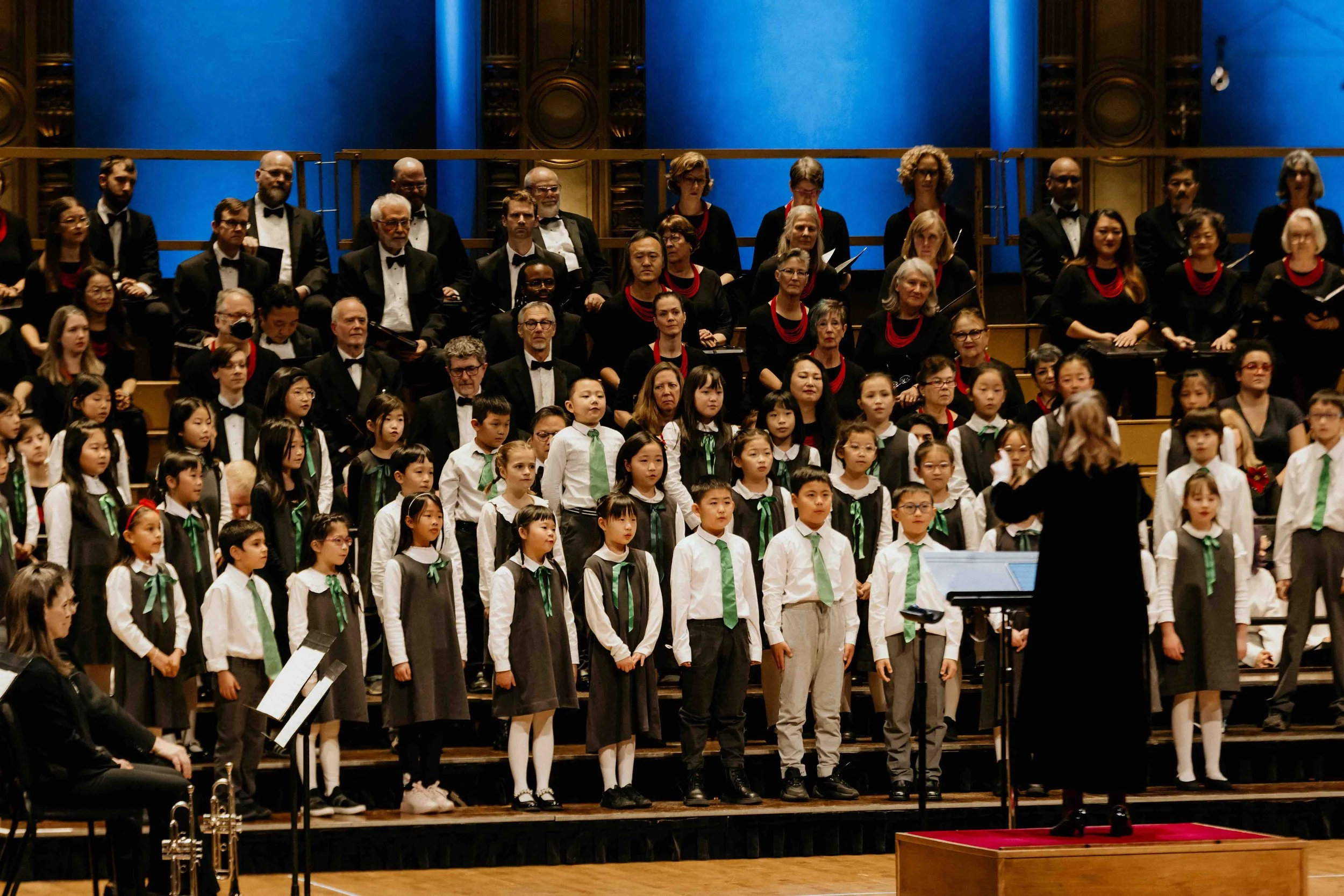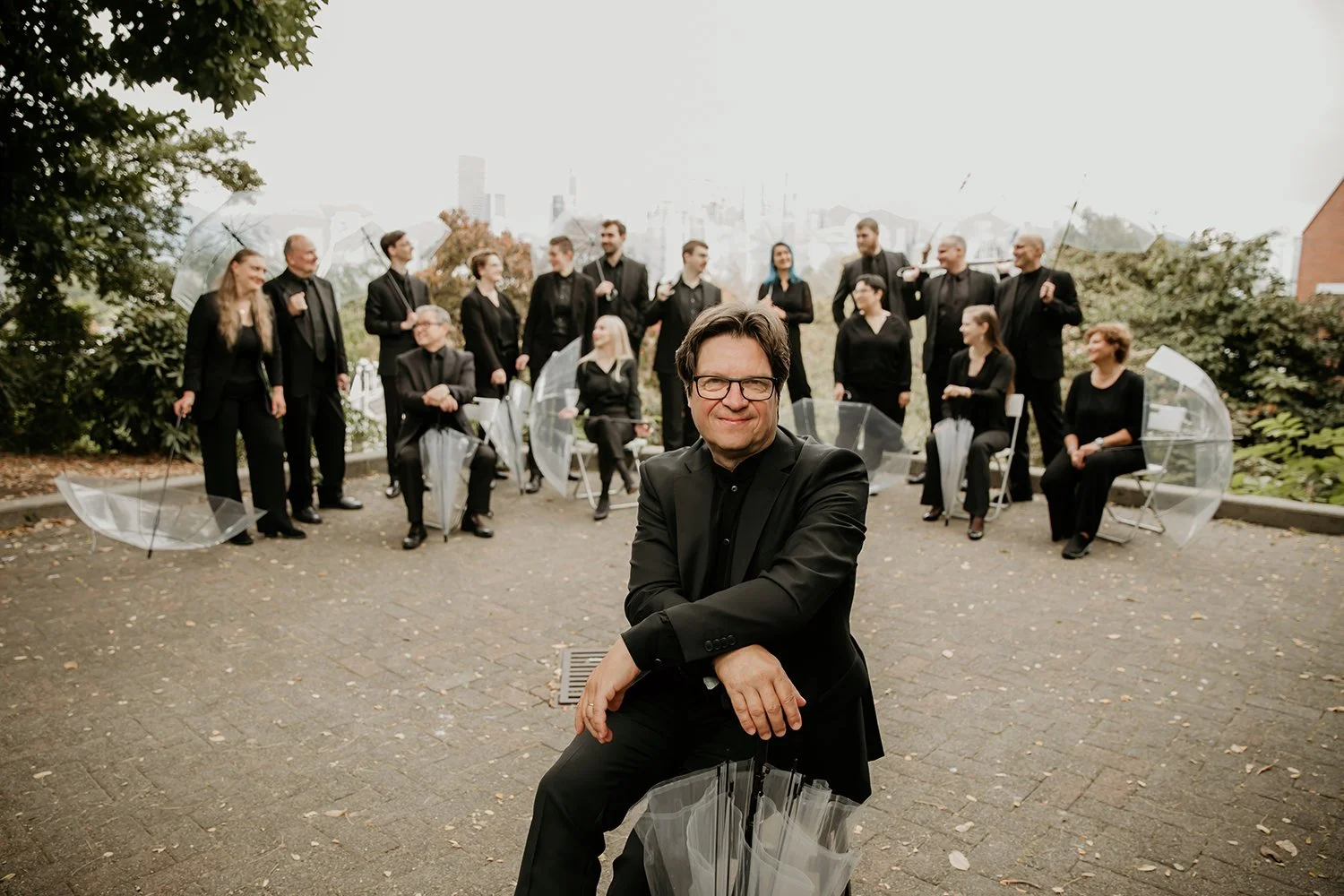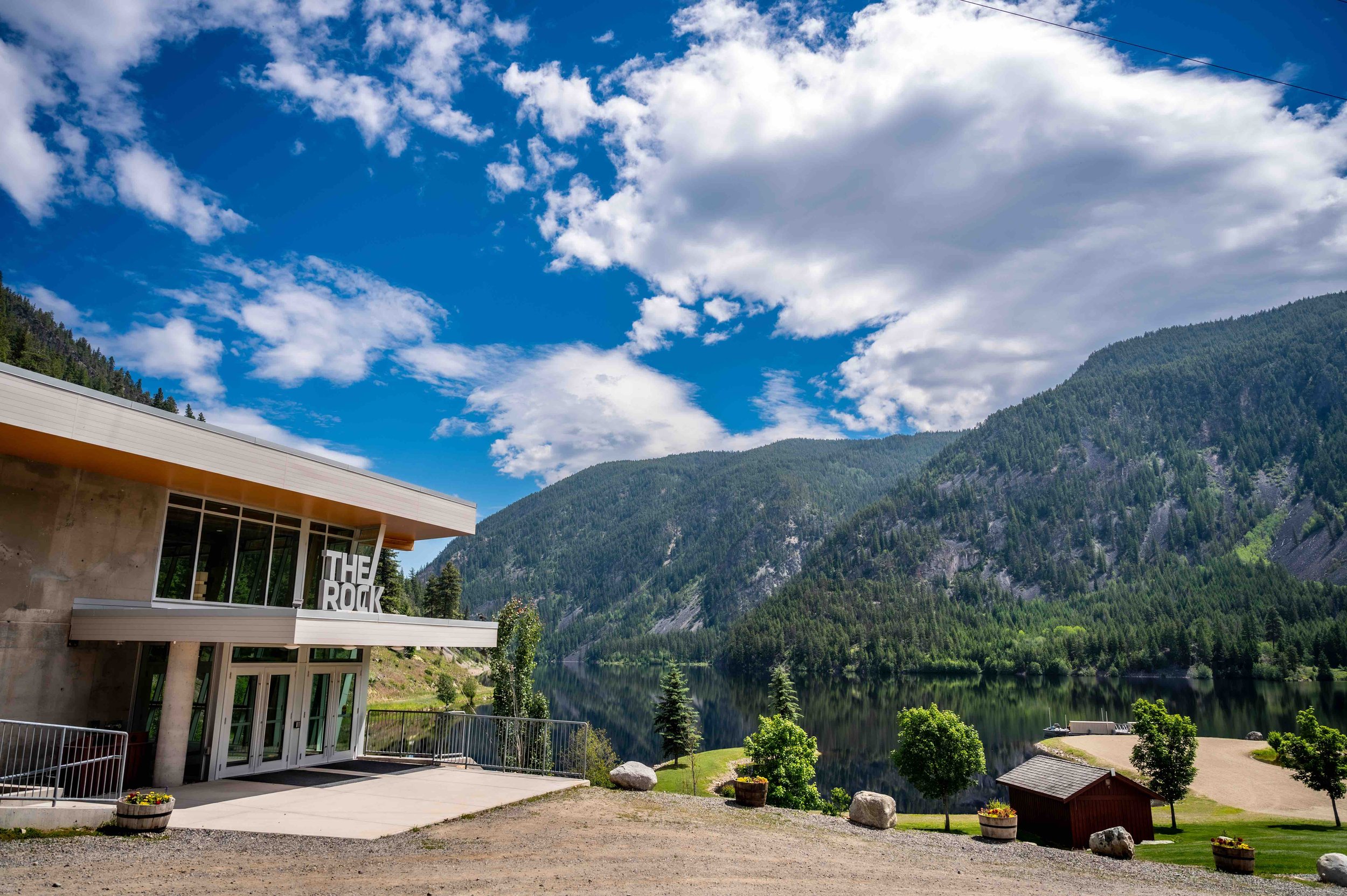At PuSh Festival, Lasa Ng Imperyo (A Taste of Empire) merges theatre and culinary arts
The performance centres on a live cooking demonstration to explore the colonial history of the Philippines
Carmela Sison, Lasa Ng Imperyo (A Taste of Empire). Photo by Emily Cooper
PuSh International Performing Arts Festival and Boca del Lupo present Lasa Ng Imperyo (A Taste of Empire) on January 30 and 31 and February 4, 5, 6, and 8 at The NEST on Granville Island (now sold out)
RELLENONG BANGUS, OR stuffed milkfish, is a signature dish of the Philippines. It’s complicated to make, a multi-step process that involves deboning a whole fish while keeping the skin intact then stuffing the flaked meat and other ingredients back into the skin, somewhat like a fish sausage, before frying it to a golden crisp. It also takes centre-stage in Lasa Ng Imperyo (A Taste of Empire), a live cooking demonstration and theatre piece having its premiere at the 2025 PuSh International Performing Arts Festival.
The food traces its roots to the Spanish colonial period when the art of relleno (meaning “stuffed”) was introduced to the Philippines. Filipinx cooks adapted the technique and used it in the abundant milkfish found in local waters, creating what has become one of the nation’s most celebrated dishes.
Lasa Ng Imperyo (A Taste of Empire) is an adaptation of A Taste of Empire, Jovanni Sy’s acclaimed play about the effects of colonization on how we produce, prepare, and consume food. Performed by lead artist Carmela Sison in Tagalog with English surtitles, the show takes a tour of Philippine cultural heritage through the culinary arts.
In a Zoom interview with Stir, Sison explains that she had seen Sy’s play when Boca del Lupo presented it in Vancouver several years ago. As the dish is brought to life, so are the stories that stem from its ingredients and techniques.
“I was so enthralled by this show that was a live cooking demonstration and that seemed so fun and light and had so much interaction with the audience, which I really love, but underneath it is this story of colonization and how a whole culture has been built out of that,” says Sison, who was born in the Philippines and moved to Vancouver when she was seven. “Even 10 years ago I never really saw people like me or heard my history of Filipinos on stage, and it just drew me to the story. It also was the time where I became really interested in the stuff I didn’t know about Filipinos historically; they haven’t really talked about colonization until the last few years.”
It was Sy, who is of Chinese and Filipinx descent, who suggested Sison translate the show into Tagalog. She spent a week at the Glassco Translation Residency in Quebec working on it. The piece is a first for PuSh, being the inaugural production to be presented entirely in Tagalog at the fest.
“To have it translated in Filipino is a reclamation of language, especially for the Filipino diaspora,” says Anjela Magpantay, interim artistic director of rice & beans theatre, which is producing the work. Joining the Zoom call with Sison, Magpantay notes she moved to Vancouver from her native Philippines when she was six years old. “Even in the Philippines we are encouraged to speak English. I remember going to school and getting in trouble for speaking my mother tongue. My cousins back home still take pride in having their children only speak English.
“When I first read this script, I cried,” she adds. “I think that the effects of colonization run deep for us as Filipinos. It’s a movement toward consciousness through language and food. It made me look at food in a different way and made me look at other dishes. I thought chicken adobo came from Spanish origins, but it has been part of Philippine cuisine since before Spanish colonization and the Spanish called it chicken adobo.”
Through different spices, flavours, and cooking styles, the play speaks to themes such as global imperialism, resource exploitation, cultural preservation, and the human experience, all while the stuffed milkfish comes together in real time in the on-stage kitchen.
“Food is a great way in,” Magpantay says. “A lot of Vancouverites are foodies….If you program it, they will come.”
The show (which is now sold out) also explores how food can be a powerful expression of identity, resistance, and resilience.
“When I told my mom I was making it live she said, ‘Wow, that’s very hard; once I see you do that you’re going to have to make it every year,’” Sison says with a laugh. “I know so much more about my history now and I’m able to have deeper conversations with my family because of this project. It has brought so many other gifts I wasn’t really expecting; it has connected me to a lot of different artists across the country and to many artists in the Filipino community. It’s really been just a beautiful journey.” ![]()

























